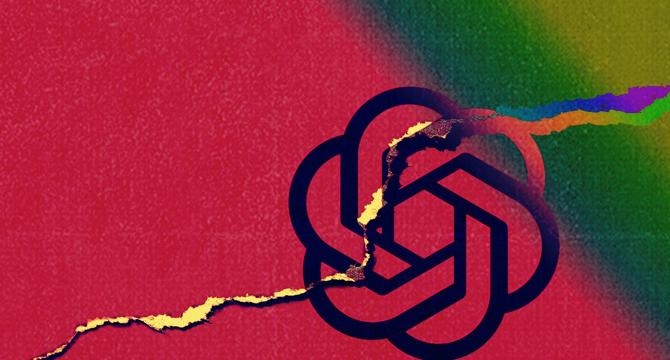Insider
5d
41

Image Credit: Insider
The tragedy of former OpenAI researcher Suchir Balaji puts 'Death by LLM' back in the spotlight
- The recent death of former OpenAI researcher Suchir Balaji has brought an under-discussed AI debate back into the limelight.
- AI models are trained on information from the internet and this could lead to people visiting original sources less, which can damage website content creators and lead to a less accurate internet. Balaji was concerned about this.
- He cited a research which showed that after the release of ChatGPT, there was a decline in the number of questions posted on Stack Overflow. There was also a decline in the website’s traffic and account activity after ChatGPT’s release.
- AI chatbots like ChatGPT are stripping away the commercial value of people's work and services. This could pose a problem for the internet ecosystem, Balaji said in an interview with the NYT.
- Balaji concluded that ChatGPT and other AI models do not qualify for fair use copyright protection and this was opposed by OpenAI.
- Tech companies producing powerful AI models don't like to talk about the value of training data. They've even stopped disclosing where they get the data from.
- Nick Vincent, an AI researcher, said that companies always highlight their clever algorithms, not the underlying data.
- Balaji's death may finally give this debate the attention it deserves.
- If people can get their answers directly from AI models, there's no need to go to the original sources of information. This could undermine some of the incentives that helped create the internet.
- In the US, call or text 988 to reach the Suicide & Crisis Lifeline, which provides 24/7 support for people in distress.
Read Full Article
2 Likes
For uninterrupted reading, download the app